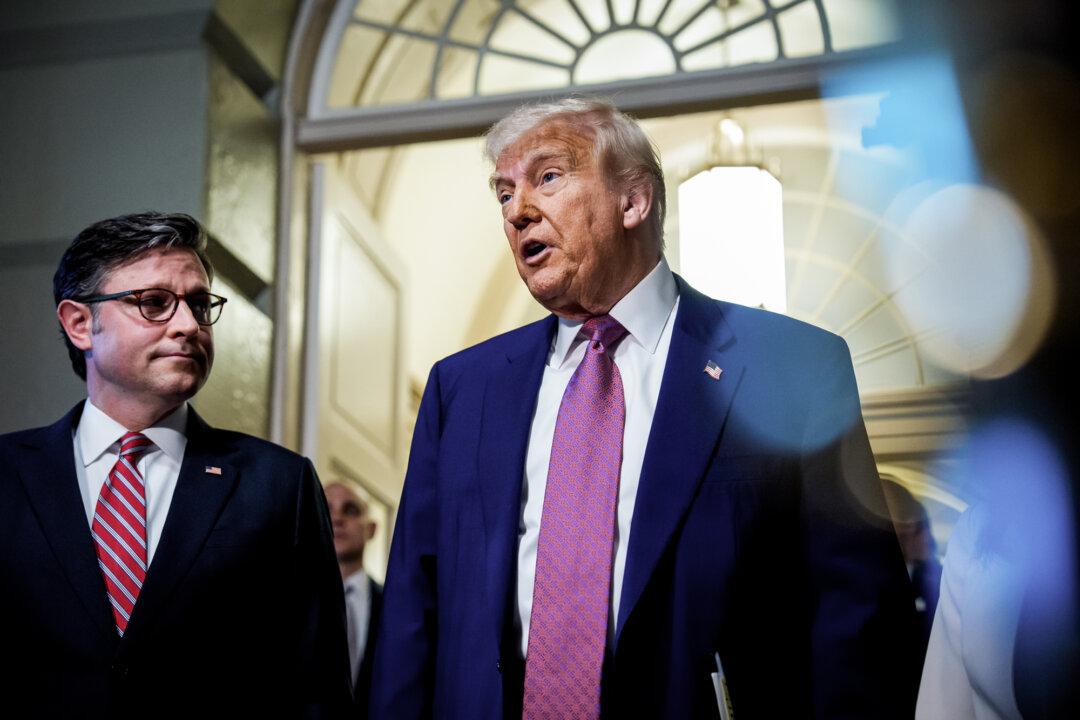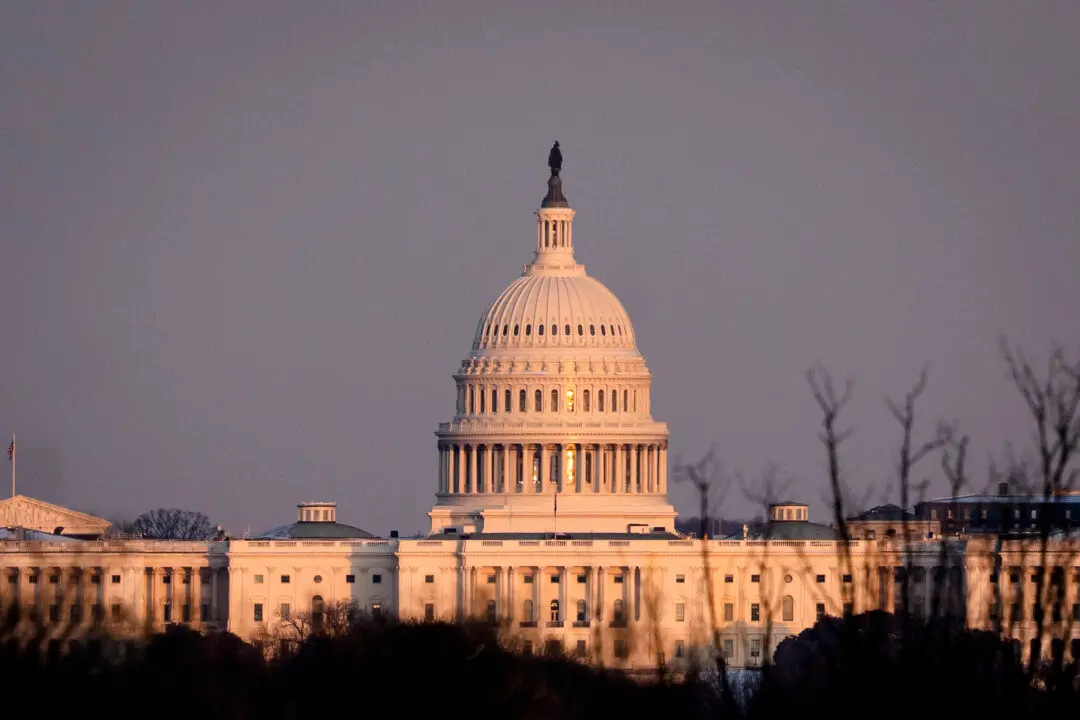A government watchdog says President Donald Trump’s administration may have violated a little-known federal law through a move to rescind funding for a Biden-era electric vehicle (EV) program.
The law in question, known as the Impoundment Control Act of 1974, places limits on the president’s power to “impound,” or unilaterally refuse to disburse, funding appropriated by Congress.





